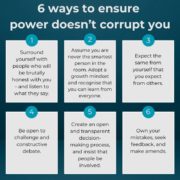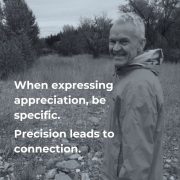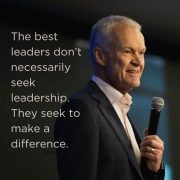Creating A Remarkable Culture: Learning To Lead Without A Title
Do you work in a culture that you would call “remarkable?” Are you depending on someone else to make it remarkable, or do you take ownership to create a remarkable culture in the area where you work and can influence? The title of this blog is the title of some of my most recent presentations and workshops. Here are some of the key messages I have been giving to organizations these days:
Building resilient, vibrant organizational cultures is about building leadership capacity at every level and in every position. I define leadership as the capacity of human beings to shape and create a new future by inspiring and engaging others. Leadership is what transforms mediocrity into greatness.
You don’t get promoted to leadership. Leadership is about presence, not position. It’s not a title; it’s a decision. Every person in your organization is a potential leader.
Growing and developing the leadership talent of every single person throughout your organization is your greatest competitive advantage in a turbulent economy.
Learning to lead without a title is the responsibility of every employee.
I love what Dr. Martin Luther King said about personal leadership:
“If a person is called to be a street sweeper, they should sweep streets as Michelangelo painted or Beethoven composed music, or Shakespeare poetry. They should sweep streets so well that all the hosts of heaven and earth will pause to say, ‘Here lived a great street sweeper who did their job well.’”
Even if you have a title, you have to learn to lead without one. One of my clients is very wise. Before he promotes someone into a leadership position, he assesses their leadership capacity by inviting them to work in a nonprofit organization (of their choice) for six months, to see how well they influence with no positional power. “If you can’t lead volunteers, you’ll never be able to lead with a title,” he proposes. Not a bad philosophy.
How do you help people in your organization – with or without positional power – develop their leadership capacity? I’d love to get your thoughts on this.









